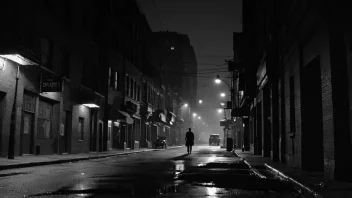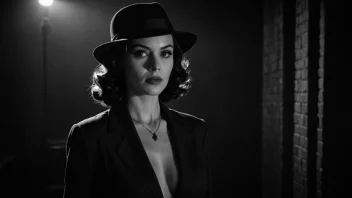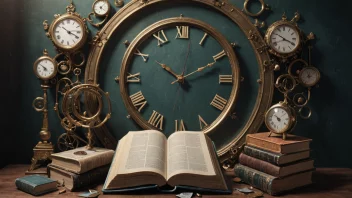What are unlikable protagonists?
Unlikable protagonists are characters who often exhibit behaviors or traits that make them difficult to empathize with or root for. These characters may be selfish, arrogant, or morally ambiguous, yet their stories can be compelling and thought-provoking.
Why are unlikable protagonists popular in YA literature?
Unlikable protagonists resonate with readers because they challenge traditional notions of heroism. They often reflect real-life complexities, showcasing flaws that make them relatable. Their journeys can highlight important themes such as redemption, growth, and the struggle for identity.
Can unlikable protagonists still be relatable?
Absolutely! Readers may not agree with every action of an unlikable protagonist, but they can still find elements of their struggles relatable. The internal conflicts and personal growth these characters experience often mirror the challenges faced by many young adults, allowing for a deep connection despite their flaws.
What are some examples of young adult novels with unlikable protagonists?
- The Catcher in the Rye by J.D. Salinger - Holden Caulfield's cynical outlook and disdain for others make him a classic unlikable protagonist.
- Looking for Alaska by John Green - Miles "Pudge" Halter is self-absorbed and often indecisive, making him a challenging yet intriguing character.
- Thirteen Reasons Why by Jay Asher - The narrative's focus on Hannah Baker's flawed and complex nature invites readers to confront difficult emotions.
- Girl, Interrupted by Susanna Kaysen - The memoir features Kaysen's unlikable traits as she navigates life in a psychiatric hospital.
- The Fault in Our Stars by John Green - Hazel Grace Lancaster's sardonic humor and bitterness can be off-putting, yet they provide depth to her character.
What themes are often explored through unlikable protagonists?
Unlikable protagonists often explore themes such as:
- Identity and self-discovery: Their flaws often lead to critical self-examination and personal growth.
- Morality: Readers are prompted to reflect on ethical dilemmas and the gray areas of human behavior.
- Isolation: These characters frequently deal with feelings of loneliness and alienation, highlighting the struggle to connect.
- Redemption: Many unlikable protagonists seek forgiveness or a way to redeem themselves, providing a narrative arc of growth.
How can readers appreciate unlikable protagonists?
To appreciate unlikable protagonists, readers can:
- Focus on the character's development throughout the story.
- Consider the motivations behind their behavior and how these reflect broader societal issues.
- Engage in discussions with others about their perspectives on the character, which can provide new insights.
- Reflect on their own experiences and flaws, recognizing that imperfection is a part of the human experience.
Are unlikable protagonists a trend in contemporary YA literature?
Yes, unlikable protagonists have become increasingly common in contemporary YA literature. Authors are embracing more complex character portrayals that challenge the notion of the 'perfect hero.' This trend reflects a desire for authenticity and deeper representation of the diverse experiences of young adults.
What should readers look for when choosing books with unlikable protagonists?
When selecting books featuring unlikable protagonists, readers should consider:
- The depth of character development and whether the protagonist shows growth.
- The themes explored in the story and how they resonate with personal experiences.
- Reviews and recommendations that highlight the nuances of the character.
How can unlikable protagonists enhance the reading experience?
Unlikable protagonists can enhance the reading experience by:
- Provoking thought and discussion about moral ambiguity and human behavior.
- Encouraging readers to grapple with their own biases and perceptions.
- Offering a unique lens through which to view the world, fostering empathy and understanding.
In conclusion, while unlikable protagonists may challenge readers in unexpected ways, their stories often serve as a mirror to our own flaws and complexities. By embracing these characters, readers can engage with deeper themes of identity, morality, and personal growth, ultimately enriching their literary journey.






